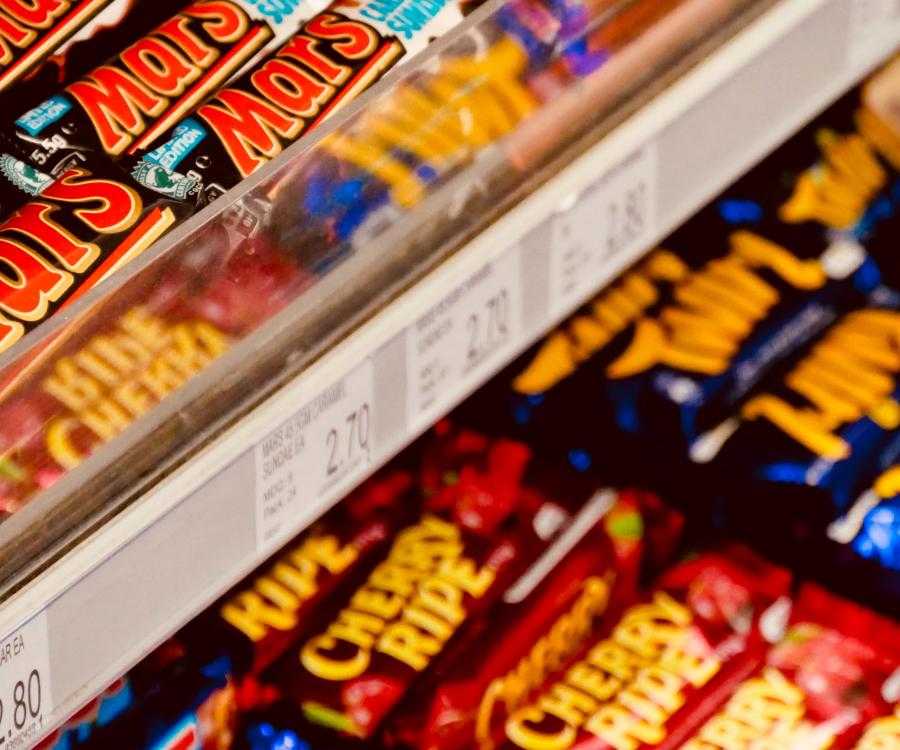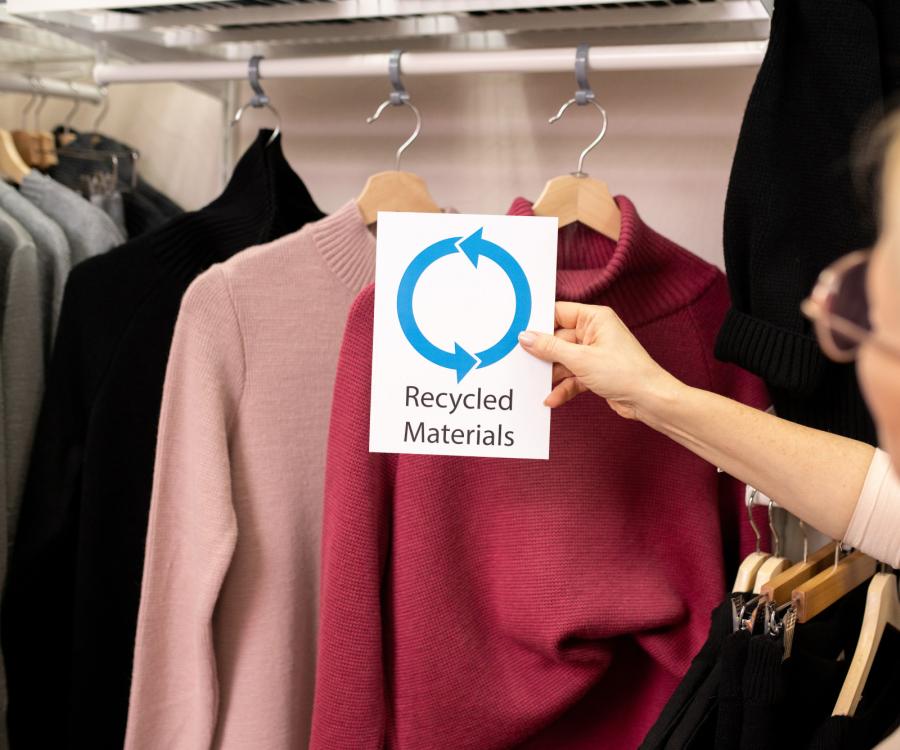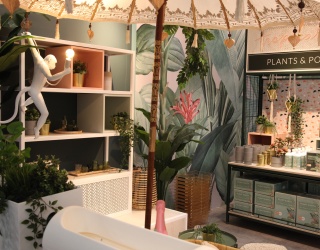Deposit systems have been part of everyday life in Germany for decades. They were also introduced in Austria this year. They help secure valuable raw materials, promote recycling, and are firmly anchored in customer routines. However, the retail sector now faces new challenges: a flood of paper receipts, more complex deposit obligations, and rising expectations for convenience and sustainability. Current practical examples show how retail companies are rethinking the system.
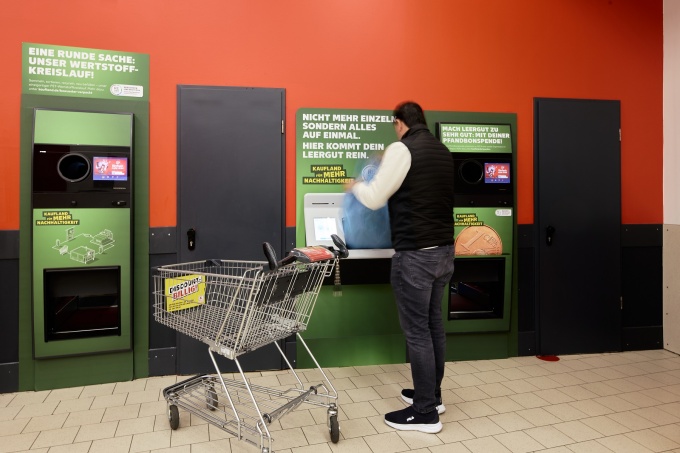
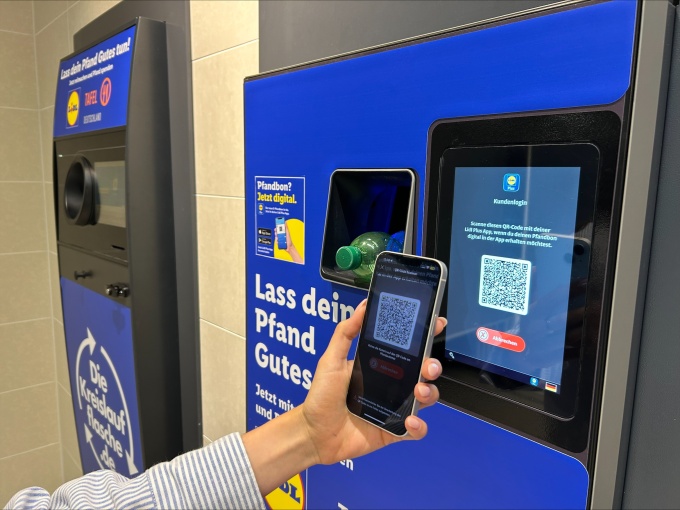
Digital instead of paper: Lidl opts for digital deposit receipts
Starting this month, Lidl is replacing paper deposit receipts with a digital version throughout Germany. Customers can choose at the deposit return counter whether they prefer a paper receipt or a digital QR code. This is scanned at the checkout, and the deposit value is either paid out or offset against the purchase.
“We let our customers choose which option they prefer,” explains Florian Späth, Head of Organization at Lidl in Germany. “With this introduction, we are sending a strong signal for customer-friendly digitalization and sustainable processes in food retailing” (Lidl press release, July 22, 2025).
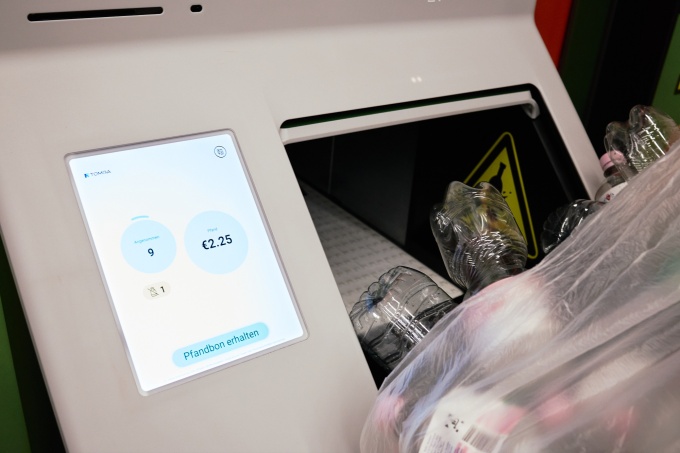
Vending machine upgrade: Kaufland speeds up the return process
In 2025, Kaufland installed modernized reverse vending machines at additional locations. These machines can process more types and sizes of packaging and work faster. Customers can return all their empty containers in one go, regardless of whether they are PET bottles, cans, or glass bottles. An illuminated touchscreen guides customers through the return process step by step: press “Start,” insert the empty containers, and finish by pressing “Done” – the machine automatically sorts and records all containers. The deposit receipt is then printed out immediately.
“The machine is ideal for customers with larger quantities of empty containers in particular, because it significantly speeds up and simplifies the return process,” says Florian Hermanski, responsible for deposit return systems at Kaufland Germany.
For stores, this means shorter waiting times, more efficient processing, and more precise sorting for recycling. The systems are available in Ludwigsburg, Dortmund, Worms, and Leipzig, among other locations.
Reusable in everyday life: REWE “Einfach Mehrweg”
With “Einfach Mehrweg” (Simply Reusable), the REWE Group offers customers the opportunity to use reusable cups and bowls in grocery stores. Both Sykell (Einfach Mehrweg) cups and RECUP reusable cups are accepted. They can be filled directly in the store and returned to the TOMRA deposit machine after use – regardless of where they were originally purchased. Reusable packaging is also accepted if it was borrowed from other partners.
The project was launched as part of the “Mehrweg-Pilot Berlin” (Reusable Pilot Berlin) initiative by Deutsche Umwelthilfe (German Environmental Aid). It was initially tested in Berlin Friedrichshain-Kreuzberg. With around two million disposable takeaway containers used every day, there is a clear need for action, the organization noted.
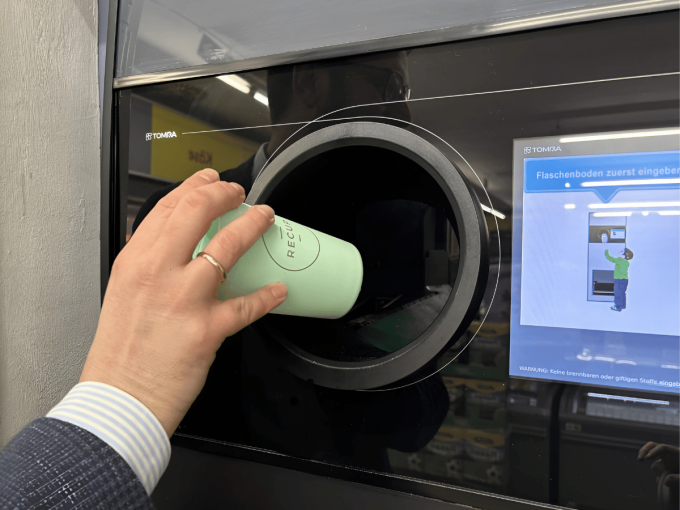
Looking abroad: Pilot project in Aarhus
In Aarhus, Denmark, TOMRA has been running a digital reusable project for cups and containers since 2023. Users who opt for a reusable cup pay an additional deposit of DKK 5 (US$0.70) when purchasing a drink, and automatically receive it back via the app when they return the cup. The containers can be returned to automated collection points throughout the city.
After one year, TOMRA has reported positive results: more than 750,000 cups have been returned. This example shows how digital deposit models could also be implemented in Germany.
For retailers, digital receipts, faster vending machines, and networked reusable systems mean more efficient processes, lower operating costs, and a more sustainable image. Customers benefit from greater convenience, shorter waiting times, and easy return options—in stores, across stores, or even outside of stores. The deposit system thus becomes a modern interface between service quality and the circular economy.


